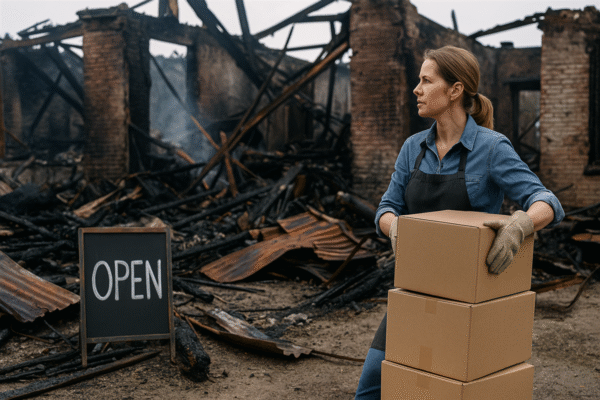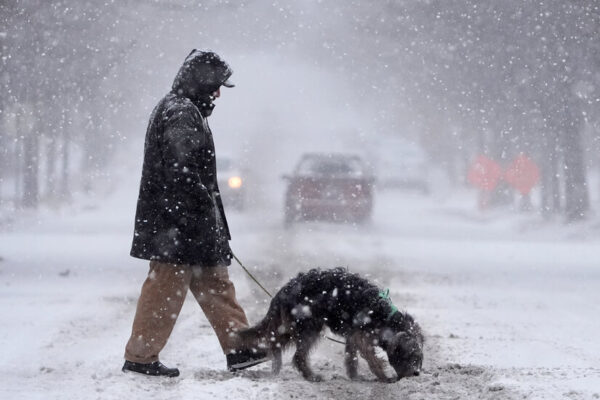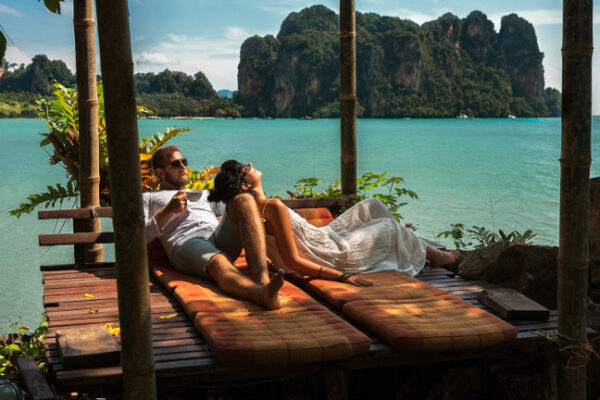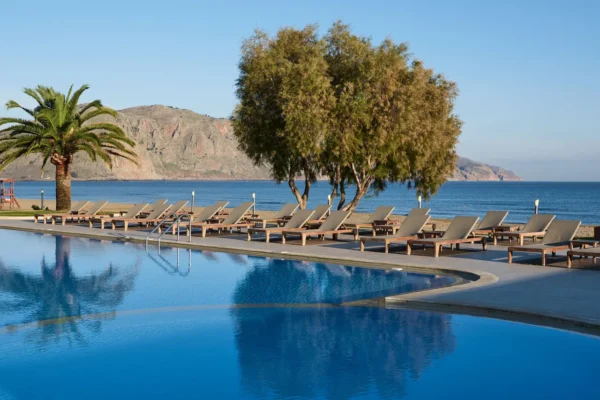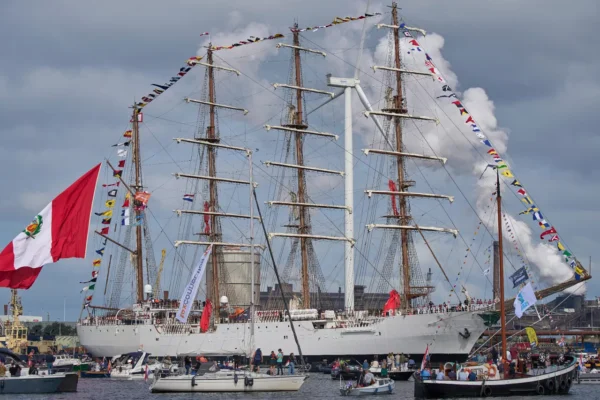Luxury travel is no longer just a niche for the ultra-wealthy—it’s a global phenomenon that’s reshaping the way we explore the world. From private jet journeys to hyper-curated cultural experiences, the luxury travel market is projected to grow from $1.4 trillion in 2024 to $2.2 trillion by 2030. But what’s fueling this boom? Let’s dive into the trends, motivations, and strategies behind this thriving industry, weaving in personal stories, data, and actionable insights to uncover why luxury travel is capturing hearts and wallets worldwide.
Why Luxury Travel is Booming
The luxury travel sector is soaring due to a mix of economic, social, and technological shifts. Rising global wealth, especially among younger, aspirational travelers with net worths between $100,000 and $1 million, is expanding the market. Add to that a post-pandemic craving for meaningful, exclusive experiences, and it’s clear why luxury travel is thriving.
Economic Drivers: Wealth and Aspiration
The global rise in wealth, particularly in Asia, is a key driver. By the mid-2030s, Asia could overtake North America as home to the most millionaires, fueling demand for luxury experiences. I recently met a tech entrepreneur in Singapore who splurged on a private yacht charter in the Maldives—not because he’s a billionaire, but because he’s part of this new wave of aspirational travelers prioritizing experiences over possessions. This shift is creating opportunities for brands to cater to both high-net-worth individuals and those willing to splurge on special occasions.
Post-Pandemic Desire for Exclusivity
After years of restrictions, travelers are craving privacy and bespoke experiences. A friend of mine, exhausted by crowded tourist traps, booked a private villa in Tuscany for her family’s reunion. She described it as “a slice of paradise where we could reconnect without the chaos.” This sentiment echoes a broader trend: 68% of luxury travel advisors report clients seeking longer, more private vacations with premium amenities.
Technology and Personalization
Tech is revolutionizing luxury travel. AI-powered tools like Mindtrip’s itinerary planners help craft hyper-personalized trips, while virtual reality previews let travelers “test” destinations before booking. Imagine previewing a Moroccan riad from your couch—tech makes that possible, and it’s driving demand among tech-savvy affluent travelers.
Key Trends Shaping Luxury Travel in 2025
The luxury travel landscape is evolving rapidly, with new trends redefining what “luxury” means. From sustainability to cultural immersion, here’s what’s shaping the industry.
Emerging Destinations and Accessibility
Travelers are flocking to less-traveled destinations like Northern Morocco, Southern India, and the Amazon Rainforest, drawn by novelty and improved connectivity. For example, direct flights from Newark to Marrakech have made boutique riads more accessible, offering a blend of authenticity and exclusivity.
Cultural and Culinary Immersion
Luxury travelers want to connect deeply with destinations. In Vietnam, Michelin-starred restaurants showcasing local flavors are a hit, while in Tuscany, truffle festivals draw crowds. My cousin, a foodie, raved about a private cooking class with a Tuscan chef—it wasn’t just a meal, but a story of heritage that left her spellbound.
Sustainability and Conservation
Eco-conscious travel is no longer a buzzword—it’s a priority. A survey found 80% of luxury travelers want to travel responsibly, with 75% willing to pay more for sustainable options. Gorilla trekking in Uganda, for instance, supports conservation while offering a bucket-list adventure.
Cool-cations and Seasonal Shifts
Destinations like Northern Europe and the Arctic are gaining popularity for their dramatic landscapes and cooler climates. A colleague who swapped her usual beach getaway for a fjord cruise in Norway described it as “refreshing in every sense—less crowded, more magical.”
Private Jet and Slow Travel
Private jet travel is surging for its convenience and exclusivity, while slow travel—think leisurely train journeys across Europe—is gaining traction for its mindful pace. I once met a couple who took a week-long train trip through Switzerland, savoring every glacier and village stop. They called it “luxury without the rush.”
Blue Mind and Wellness
The “Blue Mind” concept, which highlights the calming effects of water, is driving demand for yacht charters and coastal retreats. Companies like The Moorings offer private yachts for intimate, unhurried vacations—a perfect escape for those craving peace.
Grand Gatherings
Multigenerational travel is on the rise, with families and friends booking private villas or cruises for quality time. My neighbor’s extended family rented a chateau in France for a milestone birthday, creating memories that “no hotel could match.”
Comparison: Luxury Travel vs. Traditional Travel
| Aspect | Luxury Travel | Traditional Travel |
|---|---|---|
| Experience | Hyper-personalized, exclusive | Standardized, mass-market |
| Cost | $500+/night for lodging | Budget to mid-range pricing |
| Destinations | Emerging, unique (e.g., Amazon, Morocco) | Popular hotspots (e.g., Paris, Cancun) |
| Booking | Boutique agents, AI tools | Online platforms, group tours |
| Focus | Sustainability, cultural immersion | Convenience, affordability |
Pros and Cons of Luxury Travel
Pros:
- Exclusivity: Private villas, jets, and tailored experiences.
- Memorable Moments: Deep cultural connections and unique adventures.
- Sustainability: Supports conservation and local communities.
- Personalization: AI and agents craft bespoke itineraries.
Cons:
- High Cost: Can be prohibitive for many.
- Limited Accessibility: Remote destinations may require complex travel.
- Expectations: High price tags come with high demands for perfection.
SEO Strategies for Luxury Travel Brands
Luxury travel brands must stand out in a competitive digital landscape. Here’s how SEO can help, based on my experience working with a boutique travel agency to boost their online presence.
Defining Your Luxury Niche
Brands must clarify what “luxury” means to them. For example, a safari company I worked with emphasized authentic experiences with expert guides over generic hotel stays, targeting keywords like “exclusive safari adventures.” This clarity helps attract the right audience.
Keyword Strategy
Use a mix of short-tail (“luxury travel”), long-tail (“private luxury safari in Botswana”), and LSI keywords (“bespoke travel experiences”). Focus on specific terms like “curated travel” or “members-only retreats” to capture high-intent searches.
High-Quality Content
Content is king, as Bill Gates famously said. Create blogs, destination guides, and videos that evoke aspiration and expertise. A client’s blog on “Top 10 Private Island Escapes” tripled their site traffic by blending storytelling with practical tips.
User Experience (UX)
A seamless, visually stunning website is non-negotiable. Optimize for mobile, ensure fast load times, and use high-resolution images. I once abandoned a luxury hotel site because it took ages to load—don’t let that be your brand.
Local SEO and Backlinks
For location-specific brands, optimize Google Business Profiles and build backlinks from local businesses or influencers. A villa rental company I advised saw a 20% booking increase after partnering with local travel bloggers.
People Also Ask (PAA) Section
What is luxury travel?
Luxury travel involves premium, personalized experiences, often costing $500+/night, focusing on exclusivity, privacy, and cultural immersion. Think private jets, bespoke itineraries, and eco-conscious adventures.
Where to get luxury travel experiences?
Top providers include Abercrombie & Kent, Four Seasons, and The Moorings for yacht charters. Boutique travel agents or platforms like Virtuoso offer tailored bookings.
What are the best tools for luxury travel planning?
AI tools like Mindtrip, Booking.com’s smart filters, and Expedia’s ChatGPT planner help craft bespoke trips. Virtual reality previews and travel agent apps are also game-changers.
Why is luxury travel so expensive?
High costs reflect exclusive experiences, premium amenities, and personalized service. For example, private jet travel or conservation-focused trips like gorilla trekking command premium prices due to their rarity.
FAQ Section
Q: How is luxury travel different from regular travel?
A: Luxury travel prioritizes exclusivity, personalization, and premium experiences, like private villas or curated cultural tours, while regular travel focuses on affordability and convenience.
Q: Is luxury travel sustainable?
A: Yes, many luxury travelers prioritize eco-friendly options, with 80% willing to pay more for sustainable experiences like conservation-focused trips.
Q: Who is the target audience for luxury travel?
A: High-net-worth individuals ($1M-$30M) and aspirational travelers ($100K-$1M) who value exclusivity, with a growing segment of younger, tech-savvy professionals.
Q: What are the top luxury travel destinations in 2025?
A: Northern Morocco, Southern India, the Amazon, and the Arctic are trending for their unique appeal and improved accessibility.
Q: How can I book a luxury trip?
A: Use boutique travel agents, AI-powered platforms like Mindtrip, or trusted brands like Ritz-Carlton for seamless, tailored bookings. Visit Virtuoso for expert planning.
How to Start Your Luxury Travel Journey
Ready to dive into luxury travel? Start by defining your priorities—whether it’s a private yacht adventure or a cultural immersion in a new destination. Research reputable providers like Abercrombie & Kent or NetJets for private travel options. Use AI tools to craft a personalized itinerary, and don’t shy away from boutique agents who can unlock exclusive experiences. For inspiration, check out Forbes’ 2025 Luxury Travel Trends for the latest insights.
Final Thoughts
Luxury travel is booming because it offers more than just a trip—it’s about creating unforgettable memories, whether you’re sipping wine in a Tuscan villa or spotting gorillas in Uganda. With wealth rising, technology advancing, and travelers craving meaning, the industry is set to soar. So, why not treat yourself to a slice of luxury? After all, as my friend learned on her Tuscany getaway, sometimes the best investment is in moments that take your breath away.


